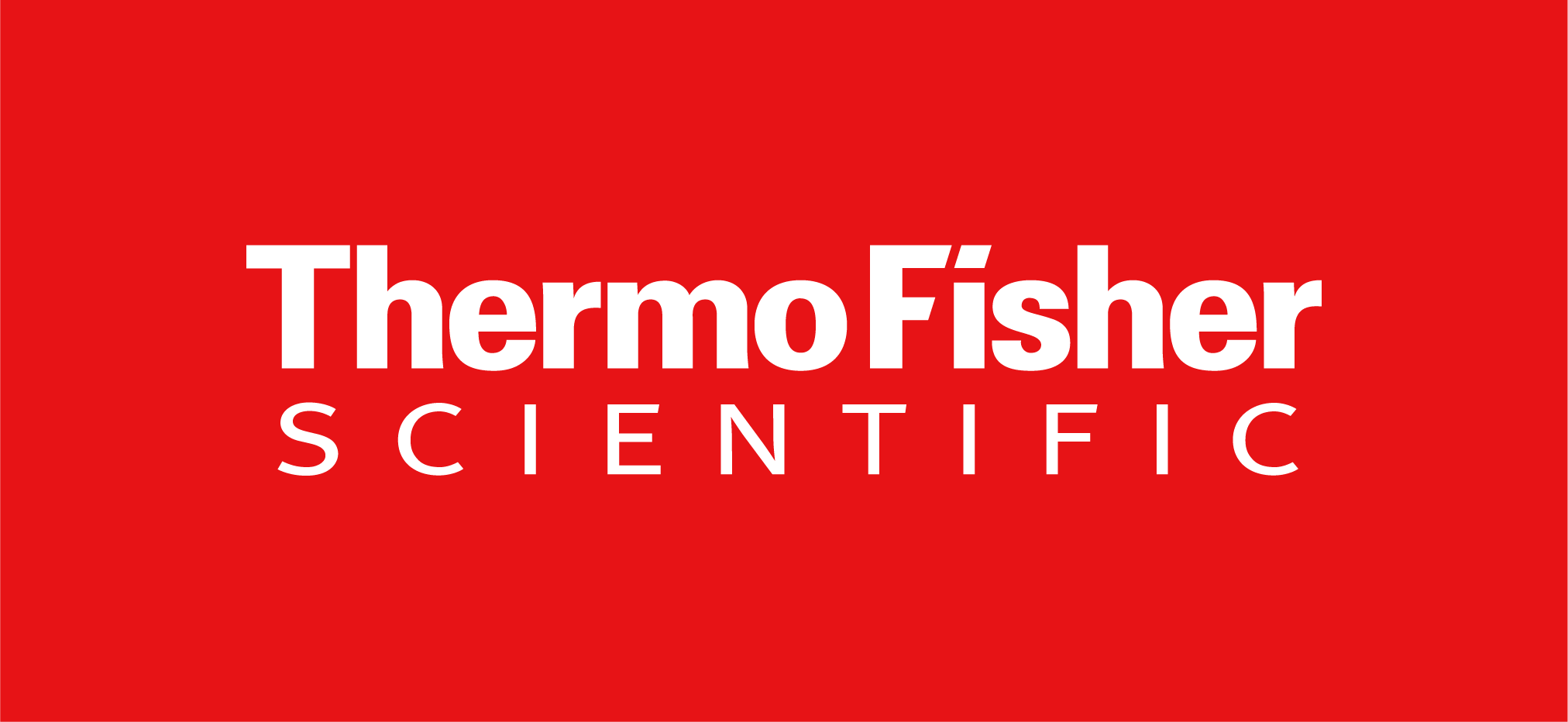
Video Highlight
Guest Profiles

Joshua J. Coon
Chemistry and Biomolecular Chemistry Professor at the University of Wisconsin-Madison, Founder of Coon Laboratories, University of Wisconsin-Madison and Coon Laboratories
Where to find Joshua: LinkedIn
Key Insights

Revolutionizing Biomedical Research with Mass Spectrometry
Joshua J. Coon discusses the transformative role of mass spectrometry in biomedical research. This technology, as he explains, allows for the precise weighing of molecules, providing critical insights into their identity and quantity. Coon's lab utilizes mass spectrometry to analyze complex biological systems, such as cells and tissues, identifying over 10,000 molecules in a single sample.
This capability has significant implications for understanding genetic and lifestyle influences on molecular behavior in organisms. Coon's work exemplifies how a fundamental scientific tool can lead to profound discoveries in disease mechanisms and potential treatments.
Linking Unknown Proteins to Disease: A New Frontier
Coon highlights a groundbreaking project where his team investigates proteins of unknown function, particularly those involved in metabolism and located in mitochondria. By creating cell lines with each lacking a different protein and then using mass spectrometry to analyze the resulting molecular changes, they can infer relationships between known and unknown proteins.
This approach has led to identifying the functions of several proteins and linking them to specific human disorders. This research is not only pioneering in its method but also crucial in laying the groundwork for new therapies, as understanding protein functions can lead to targeted drug development.
Personal Journey: From Rural Roots to Research Leader
Joshua J. Coon shares his personal journey, beginning in rural Michigan, where his early interests in science and woodworking led him to the field of mass spectrometry. His path took him through the University of Florida for his PhD and the University of Virginia for postdoctoral studies, culminating in leading his research group at the University of Wisconsin-Madison.
Joshua emphasizes the joy of training the next generation of scientists, with his lab producing over 50 PhD students and postdocs who are now contributing significantly to science globally. This insight not only sheds light on Coon's professional achievements but also highlights his role in mentoring and shaping future scientific leaders.
Episode Highlights

Innovative Approaches in Protein Function Discovery
Joshua J. Coon discusses innovative methods for uncovering the functions of unknown proteins, particularly those involved in metabolism and located in mitochondria. By creating cell lines each lacking a different protein and analyzing the resulting molecular changes, his team can infer relationships between known and unknown proteins. This approach has led to identifying the functions of several proteins and linking them to specific human disorders.
"We take all of these proteins that we don't really know what they do... And then we take our mass spectrometer and we measure all of the metabolites and the proteins and the lipids. And then from those measurements, we can compare across all the different cell lines that we've made."
Mass Spectrometry: A Telescope into Cellular Mechanisms
Joshua likens the advancements in mass spectrometry to the evolution of telescopes in astronomy. He describes how the technology has only recently allowed for detailed molecular analysis, improving each year. This advancement enables researchers to understand cellular events in unprecedented detail, potentially leading to new therapeutics and diagnostics.
"As the technology improves, we get better and better, and we can see more and more. So it's a lot like if you're into astronomy, being able to have better telescopes to look at the night sky."
Exploring Alzheimer's and Cancer at the Molecular Level
Joshua discusses his team's efforts in understanding diseases like Alzheimer's and cancer at a molecular level. They focus on identifying molecular signatures of diseases before symptoms appear, potentially aiding in early diagnosis and treatment. For cancer, they aim to understand how cancer cells evade normal growth checks.
"For the Alzheimer's example, it would be ideally diagnostic... And for the other types of projects, like some of the cancer-related projects, we're really looking at a more fundamental basic level."
The Intersection of Mass Spectrometry and Structural Biology
What excites Joshua and his lab most about future innovation is the ability to make fast measurements of systems and receive complete data made possible by the development of new mass spectrometers like the Orbitrap Tribrid and Orbitrap Astral. This enables the ability to discover more insights with greater efficiency and accuracy and advances the intersection of mass spectrometry and structural biology to make global measurements at scale with electron microscopy technology.
“The intersection of mass spectrometry and structural biology, so that would be the world of electron microscopy, is really changing how we think about and do things. I see a lot of synergy with those technologies, both for measuring what’s there, but then understanding the structure of what we detected. It just keeps getting better. That’s what excites me.”
The Future of Health Discovery through Protein Weighing
The episode concludes with Rosy emphasizing the promise of mass spectrometry in health discovery and biology. She highlights the potential of this technology to revolutionize our understanding of diseases and treatment approaches.
"Weighing proteins holds promise for our future in health discovery and biology." This statement encapsulates the potential impact of mass spectrometry in advancing medical science and improving human health.
Learn More:
To learn more about our Mass Spectrometry capabilities, please visit: Overview of Mass Spectrometry | Thermo Fisher Scientific - US

